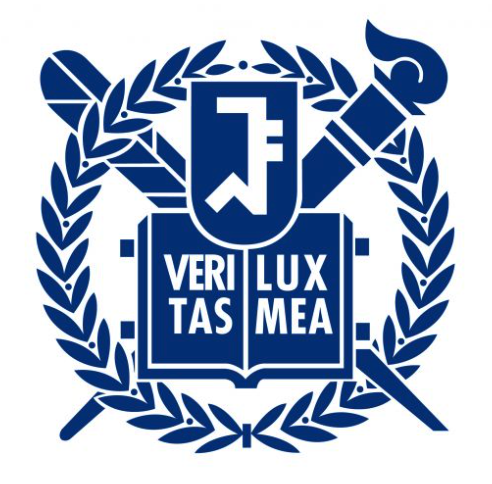Minsung Kim

Hi!👋
I am M.S/Ph.D. student at the Machine Intelligence Lab at Seoul National University, advised by Prof. Kyomin Jung. My research focuses on Natural Language Processing.
Education
2023 - 

M.S/Ph.D
Seoul National University, Seoul, Korea
Electrical and Computer Engineering
2018 - 2023 

B.S
Seoul National University, Seoul, Korea
Electrical and Computer Engineering
Experience
2024 

Publications
-
- Rethinking Post-Unlearning Behavior of Large Vision-Language ModelsarXiv preprint arXiv:2506.02541, Dec 2025
- Faithun: Toward faithful forgetting in language models by investigating the interconnectedness of knowledgeEMNLP 2025, Apr 2025
-
- MVMR: A New Framework for Evaluating Faithfulness of Video Moment Retrieval against Multiple DistractorsCIKM 2024, Oct 2024
- Fine-grained Gender Control in Machine Translation with Large Language ModelsNAACL 2024, Jun 2024
- Target-Agnostic Gender-Aware Contrastive Learning for Mitigating Bias in Multilingual Machine TranslationEMNLP 2023, Dec 2023